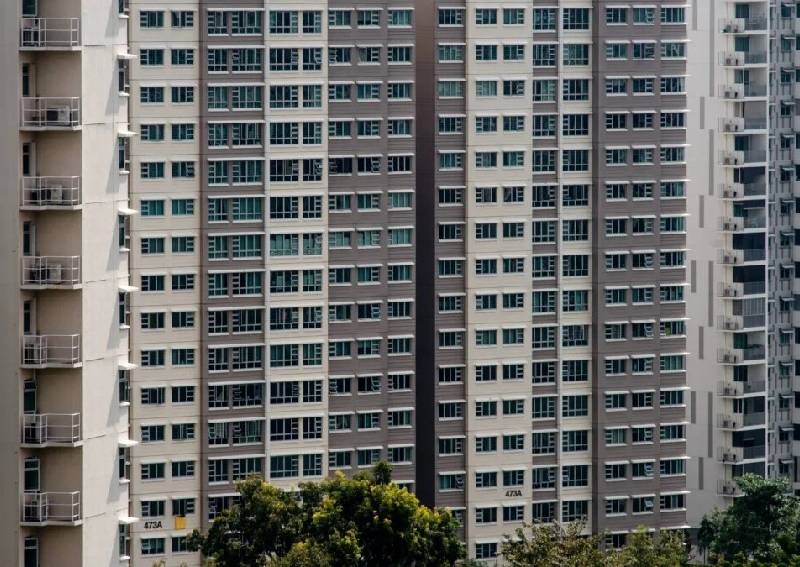Singapore's new pilot for 'long-stay' serviced apartments

In a significant move to address the increasing rental demand, the Singapore government has announced the launch of a new category of serviced apartments. These apartments, featuring a minimum three-month stay requirement, represent a shift from traditional short-term accommodations. Minister for National Development Desmond Lee unveiled this initiative, highlighting its potential to better meet the diverse rental needs in Singapore.
The pilot project, part of the Government Land Sales (GLS) programme, will introduce these new long-stay serviced apartments at two state land sites. Located at Upper Thomson Road and Zion Road, these sites are set to yield approximately 535 units. This initiative marks a strategic approach to address the evolving housing preferences in the city-state.
Unlike the existing serviced apartments, which require a minimum stay of seven days, these new units cater to longer-term residents. A key feature of this initiative is the prohibition of strata subdivision for sale, emphasising the focus on rental rather than ownership.
This pilot recognises the varied housing preferences across Singapore's population. Desmond Lee stressed the importance of a robust rental supply, especially for individuals awaiting their new homes and those in Singapore for work or education. The introduction of these apartments aims to provide more options for these groups.
The new serviced apartments are expected to ease competition in the rental market, particularly for those seeking longer stays. Market experts predict that this could lead to a moderation in the asking rents by private landlords. Insights from industry professionals like Desmond Sim of Edmund Tie and Lee Sze Teck of Huttons highlight the potential market shifts due to this initiative.
The pilot presents new challenges and opportunities for developers. Those without prior experience in the hospitality sector may find this a unique venture. Seasoned developers might have an edge, but the project demands a specific skill set in managing serviced apartments.
The rental market in Singapore has seen a significant surge in the past two years, driven by tight supply and robust demand. However, recent trends indicate a stabilisation, with a slight decrease in rents as per SRX and 99.co data. The Urban Redevelopment Authority (URA) also reports a slowdown in rental growth, coinciding with an increase in the completion of private homes.
Looking ahead, the market is expected to experience further changes. OrangeTee and Tie predict a rental growth of 12 to 14 per cent for the year, with a potential decline in the following years. The supply of private homes is also projected to decrease after 2023, which could impact future rental trends.
The Singapore government's pilot for long-stay serviced apartments is a strategic step towards addressing the changing dynamics of the housing market. This initiative not only caters to a growing segment of the population seeking longer-term rentals but also has the potential to reshape the rental landscape in Singapore, offering new opportunities for both renters and developers alike.
This article was first published in 99.co.
ALSO READ: Touring Lentor Green and Lentor Grove: Affordable freehold houses from $3.6m right beside Lentor MRT